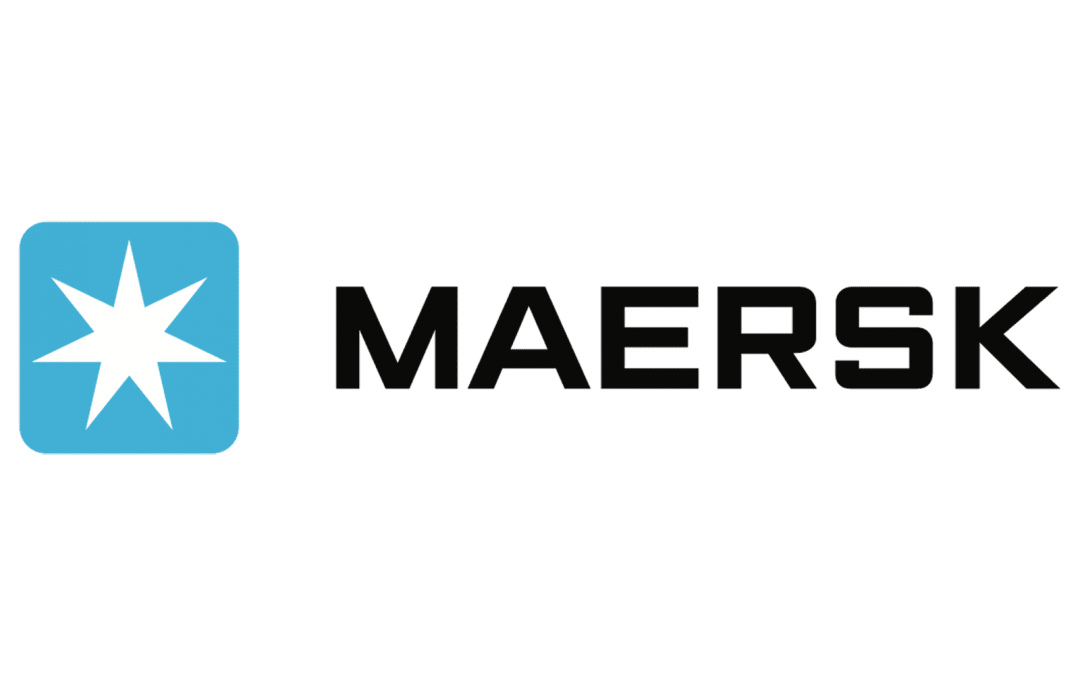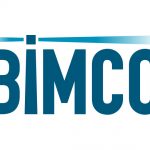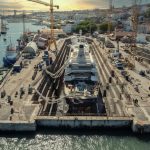Danish offshore vessel provider Maersk Supply Service has ordered a battery pack for one of its M-class vessels as part of its target to reduce carbon intensity by 50 per cent across its fleet in 2030.
Maersk Supply Service said on Friday it has chosen Wärtsilä as the supplier of the hybrid battery as its extended battery life and innovative design allows for reduced vessel emissions, reduced maintenance, and increased operational performance.
Mark Handin, COO of Maersk Supply Service, said: “Maersk Supply Service is taking an active role in decarbonising the offshore support vessel sector. This requires both behavioural changes in the way we operate our vessels, as well as technological upgrades to our fleet. With this new hybrid battery solution upgrade, we take a significant step forward in our path to further reduce the emissions from our diesel-electric vessels.
“The use of hybrid batteries/energy storage systems has proven to be an effective solution within the platform supply vessel (PSV) sector; however, we believe that we are on the leading edge in terms of bringing this technology into the Anchor-Handling Tug Supply (AHTS) segment. To the best of our knowledge, this will be the world’s first AHTS hybrid battery conversion”.
Maersk Minder has been selected for the first vessel battery installation. It is a DP2 deep water anchor handling tug supply vessel (AHTS) of SALT design.
Maersk Supply said that the vessel will operate in the North Sea from 3Q 2021, with plans to install the battery in late 2021 or early 2022, depending on delivery time. The concept is designed to meet the demand for lower carbon vessels.
Allan H. Rasmussen, Head of Technical Organisation, and responsible for the decarbonisation initiatives in Maersk Supply Service, said: “The expectation is that the new battery pack will decrease the fuel consumption and thereby reduce CO2 emissions by 15 per cent. The responsibilities for anchor handling vessels vary considerably from heavy tows of offshore floating units to subsea work in Dynamic Positioning mode.
“With the specialised tasks and variety of operational capabilities, it is important that we thoroughly test the vessel setup utilising the batteries and validate the CO2 savings during the first few months of operations”.
Since 2018, Maersk Supply Service has reduced its carbon intensity by more than 13 per cent across its fleet. In addition, it has allocated resources for the coming years to continue with technical upgrades to reduce its emissions further.
Kenneth Bang, Account Manager from Wärtsilä, commented: “The Wärtsilä Low Loss Hybrid battery system (LLH) seamlessly integrates with a conventional engine, like Maersk Minder. Our Low Loss Hybrid offers significant efficiency improvement by running the engines on optimal load and absorbing many of the load fluctuations through batteries. We see this renewable LLH solution as a great fit for Anchor Handling Tug Supply Vessels”.
Earlier this month, Maersk Supply said it would reflag one of its energy-efficient M-class anchor handling vessels to the Norwegian flag, hire a Norwegian crew, and set up an office in Bergen with a plan to have its first vessel ready for operation in Norwegian waters during the summer of 2021.
The vessel supplier is targeting the towing and installation gigs from both offshore wind and the oil and gas industry in Norway.
Source: Offshore Energy






